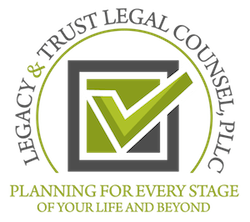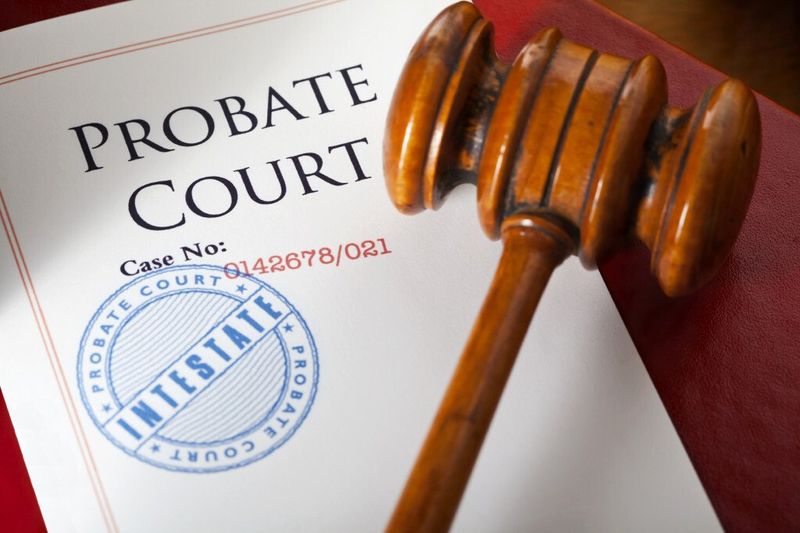Probate
Virginia Probate & Estate Administration
Winding Up the Affairs of Your Loved Ones
Losing a family member is never easy. Many important legal decisions must be executed within a specific time frame during this very difficult time. At Legacy & Trust Legal Counsel, PLLC we can help counsel and guide you through the complex probate and estate administration process. We are here to make sure the process moves forward as smoothly as possible, allowing you and your family time to grieve for the passing of your loved one.
When a loved one passes away, his or her estate often goes through a court-managed process called probate or estate administration where the assets of the deceased are managed and distributed. If your loved-one owned his or her assets through a well drafted and properly funded living trust, it is likely that no court-managed administration is necessary, though the successor trustee needs to administer the distribution of the deceased. The length of time needed to complete the probate of an estate depends on the size and complexity of the estate and the local rules and schedule of the probate court.
Every probate estate is unique, but most involve the following steps:
- Filing of a petition with the proper probate court.
- Notice to heirs under the Will or to statutory heirs (if no Will exists).
- Petition to appoint Executor (in the case of a Will) or Administrator for the estate.
- Inventory and appraisal of estate assets by Executor/Administrator.
- Payment of estate debt to rightful creditors.
- Sale of estate assets.
- Payment of estate taxes, if applicable.
Final distribution of assets to heirs.
What is Probate?
Probate is the process of “administering” and distributing a deceased person’s assets. Probate includes recording the will in the records of the Clerk’s Office, and usually includes appointing an executor/personal representative, who is supervised by the court in the administration and distribution of the estate. The probate estate includes the assets (real property and personal property) which were held in the decedent’s name at death, and those which pass under the will. Once a person dies, if there is a will, the probate court will determine if the will is valid and oversee the administration of the estate by the executor/personal representative (the person appointed in the will by the decedent to oversee the estate). If there is no will or the will is determined to be invalid, the probate court will appoint an administrator/personal representative and the decedent’s property will be distributed according to the state’s laws of inheritance.
What is Estate Administration?
Estate administration refers to the process of probating the estate of a decedent, which generally includes collecting, preparing an inventory and appraising assets; paying and collecting debts; filing and paying estate taxes (if applicable) and distributing any remaining assets to beneficiaries. Estate Administration includes the probate process as well as non-probate transfers of the deceased’s assets. In fact, there are various assets and exceptions that result in certain property not going through probate at all.
Legacy & Trust Legal Counsel, PLLC offers comprehensive Probate and Estate Administration services. If you have been named executor, administrator or personal representative of the estate of a loved one we can counsel and guide you on all aspects of the probate and estate administration process. An attorney experienced in probate and estate administration can help simplify this complicated process. If you need help in the probate and administration of an estate, contact our firm today to schedule a consultation.


